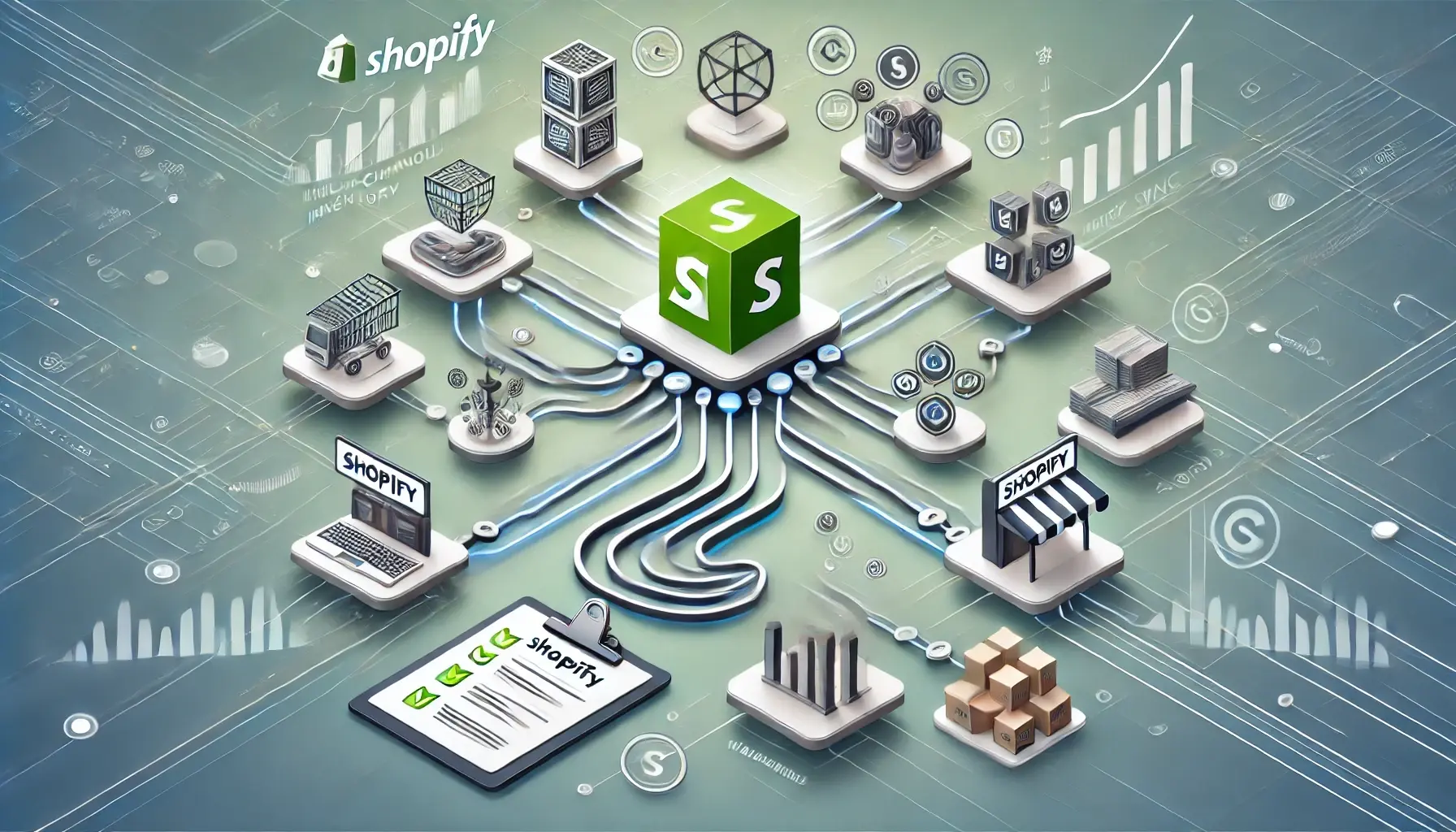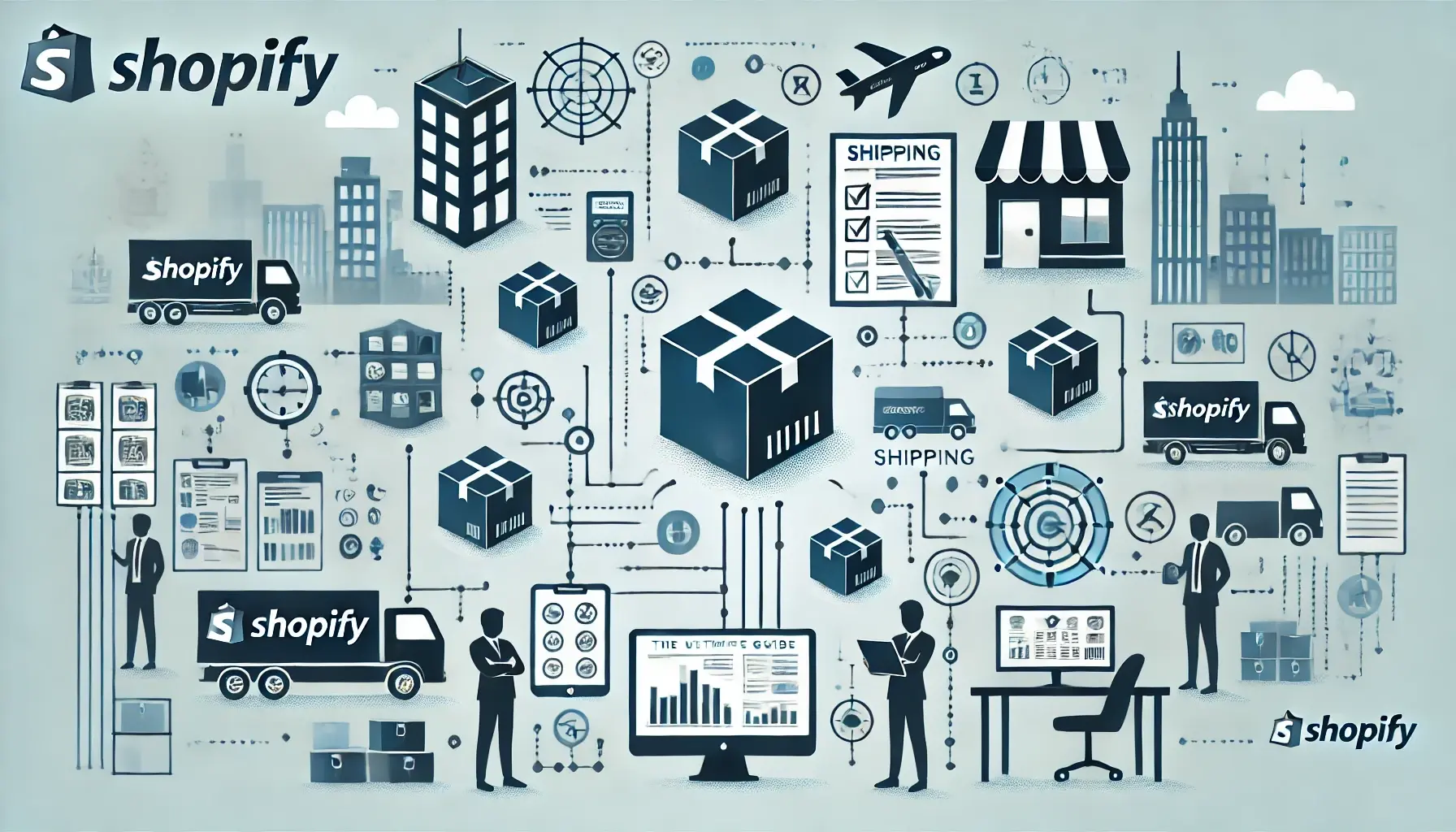In today's digital era, eCommerce has transformed the way businesses operate and sell their products. As a logistics manager, understanding and effectively managing eCommerce fulfillment has never been more critical.
Understanding eCommerce Fulfillment
As the process of receiving, processing, and delivering online orders to customers, fulfillment is the critical link between a customer's online shopping cart and their physical receipt of products. Effective eCommerce fulfillment plays a crucial role in a company's operations, impacting everything from customer satisfaction to the bottom line.
Key Components of eCommerce Fulfillment
At its core, eCommerce fulfillment encompasses several key steps: inventory management, order processing, shipping, and managing returns and exchanges.
Inventory Management: This step involves keeping an accurate count of products in your warehouse and tracking their movement. It's pivotal for avoiding stockouts or overstocking, which can impact customer satisfaction and operational costs.
Order Processing: Once an order is placed, it needs to be accurately picked from the inventory, packed securely, and readied for shipping. This process requires meticulous attention to detail to prevent errors that can lead to customer dissatisfaction or increased costs.
Shipping: This step involves getting the packed order to the customer promptly and accurately. It requires careful coordination with shipping carriers and effective tracking mechanisms to ensure on-time delivery and customer satisfaction.
Returns and Exchanges: In eCommerce, dealing with returns and exchanges is inevitable. Efficiently managing these processes while minimizing their impact on the bottom line and maintaining customer satisfaction is crucial.
Common Challenges in eCommerce Fulfillment
Managing eCommerce fulfillment effectively comes with a unique set of challenges. Here are 4 of the most common:
High Order Volumes: The rise of online shopping has brought with it an exponential increase in order volumes. For eCommerce businesses, this often means dealing with a massive number of orders that need to be processed and shipped out daily. The sheer volume can strain the capacity of fulfillment centers, leading to potential delays and errors. It also places significant pressure on resources, requiring careful planning and scheduling to ensure that order fulfillment can keep up with demand without compromising on accuracy or efficiency.
Inventory Accuracy: Ensuring inventory accuracy is a constant challenge in eCommerce fulfillment. Incorrect inventory counts can lead to a host of problems, including out-of-stock situations and overstocking. Both scenarios can be costly, with out-of-stock situations leading to lost sales and customer dissatisfaction, while overstocking ties up capital and warehouse space in slow-moving inventory. Maintaining real-time, accurate inventory data requires a robust inventory management system and processes that minimize the chances of errors and discrepancies.
Efficient Shipping: Processes Efficient shipping processes are a critical aspect of eCommerce fulfillment. Customers today expect fast, reliable, and cost-effective delivery—failing to meet these expectations can lead to customer dissatisfaction and loss of business. However, managing shipping can be logistically complex. It involves selecting the right shipping carriers and methods, ensuring proper packaging to protect the products during transit, and tracking shipments to ensure they reach the customer as expected.
Handling Returns and Exchanges: Returns and exchanges are an inevitable part of eCommerce business. However, they can be labor-intensive and costly to manage. Processing returns requires inspection of the returned items, updating inventory counts, and potentially refurbishing or discarding damaged products. Exchanges add another layer of complexity, as they require coordinating the return of the original item while ensuring the replacement item is shipped out promptly. Managing returns and exchanges efficiently is crucial to minimize the costs associated with these processes and to maintain customer satisfaction.
Strategies for Effective eCommerce Fulfillment
Several strategies can help optimize your eCommerce fulfillment processes:
Automation: In the complex world of eCommerce fulfillment, leveraging automation can significantly enhance efficiency and reduce errors, thus leading to improved customer satisfaction and reduced operational costs. Certain management software platforms offer automatic order routing, which intelligently determines the most efficient route for each order. This not only reduces manual effort and saves time, but it also minimizes the risk of errors in order processing, thus ensuring that each customer receives their order as quickly and accurately as possible.
Real-Time Inventory Tracking: Maintaining an accurate, real-time record of your inventory is crucial for preventing stockouts and overstocking, two situations that can lead to lost sales and increased storage costs, respectively. Real-time inventory management ensures that businesses always have an up-to-date picture of their stock levels across multiple locations. This allows for better inventory control and improved order fulfillment rates, thus reducing costs and increasing customer satisfaction.
Reliable Shipping: Prompt and accurate delivery can be the difference between a one-time customer and a loyal repeat buyer. Integrated carrier selection allows for streamlined and efficient shipping processes. It intelligently selects the most cost-effective and reliable shipping option for each order, ensuring that products are delivered on time and at the lowest cost, thus driving customer satisfaction and repeat business.
Easy Returns Process: Lastly, an easy and efficient returns process can significantly improve customer satisfaction and loyalty. Providing clear instructions for returns and exchanges and promptly processing these requests can greatly enhance the customer experience. It not only shows that you value their business, but it also builds trust and encourages customers to return, knowing that if an issue arises, it will be handled promptly and professionally.
The Role of a Comprehensive eCommerce Fulfillment Platform
A comprehensive eCommerce fulfillment platform can seamlessly integrate all aspects of eCommerce fulfillment.
Streamlined Operations: One of the primary roles of a comprehensive eCommerce fulfillment platform is to streamline operations, and a unified platform that integrates with various sales channels can simplify the process of order management. This includes everything from order receipt to inventory management to order dispatch. This centralization of tasks on a single platform can eliminate the need for manual, time-consuming processes and ensure that operations run smoothly.
Enhanced Efficiency: Increased efficiency is another key advantage of comprehensive eCommerce fulfillment platforms. Such platforms use automation to expedite processes and eliminate manual errors. For example, fulfillment software can automate order routing, picking, packing, and shipping processes, reducing the chances of human error while significantly speeding up order processing. This, in turn, can lead to faster delivery times and boost customer satisfaction.
Improved Inventory Management: Accurate inventory management is a cornerstone of successful eCommerce fulfillment. By providing real-time inventory visibility, a comprehensive management platform helps businesses avoid stockouts and overstocks, both of which can be costly. Additionally, advanced inventory forecasting features can aid in smarter purchasing decisions, optimize inventory turnover, and reduce carrying costs.
Enhanced Customer Satisfaction: Finally, comprehensive eCommerce fulfillment platforms play a critical role in enhancing customer satisfaction. By ensuring prompt and accurate order fulfillment, these platforms contribute to a positive shopping experience. The ability of certain platforms to provide real-time order tracking also adds a layer of transparency that customers appreciate. Furthermore, a smooth returns and exchanges process, powered by a comprehensive platform, can turn potentially negative experiences into positive ones.
Look to SkuNexus for a Superior eCommerce Fulfillment Software Solution
SkuNexus offers a robust solution to the various challenges in eCommerce fulfillment. With its comprehensive functionality, SkuNexus can significantly enhance a logistics manager's operations, leading to more efficient processes, reduced costs, and improved customer satisfaction.
From accurate inventory tracking to automated order processing, reliable shipping, and easy returns handling, SkuNexus provides the tools you need for effective eCommerce fulfillment.
If you would like to know how SkuNexus can supercharge your eCommerce fulfillment operations, please contact us here to learn more.
Ready to Transform Your Operations?
See how SkuNexus gives you full control over inventory, orders, warehouse, and shipping.
Schedule a Free Demo →Team Skunexus
CEO & Founder, SkuNexus
With over a decade in eCommerce operations, Yitz built SkuNexus to solve the problems he saw firsthand — rigid platforms that couldn't adapt. Today, SkuNexus is the only fully customizable, open-source operations platform for inventory, orders, warehouse, and shipping management.




